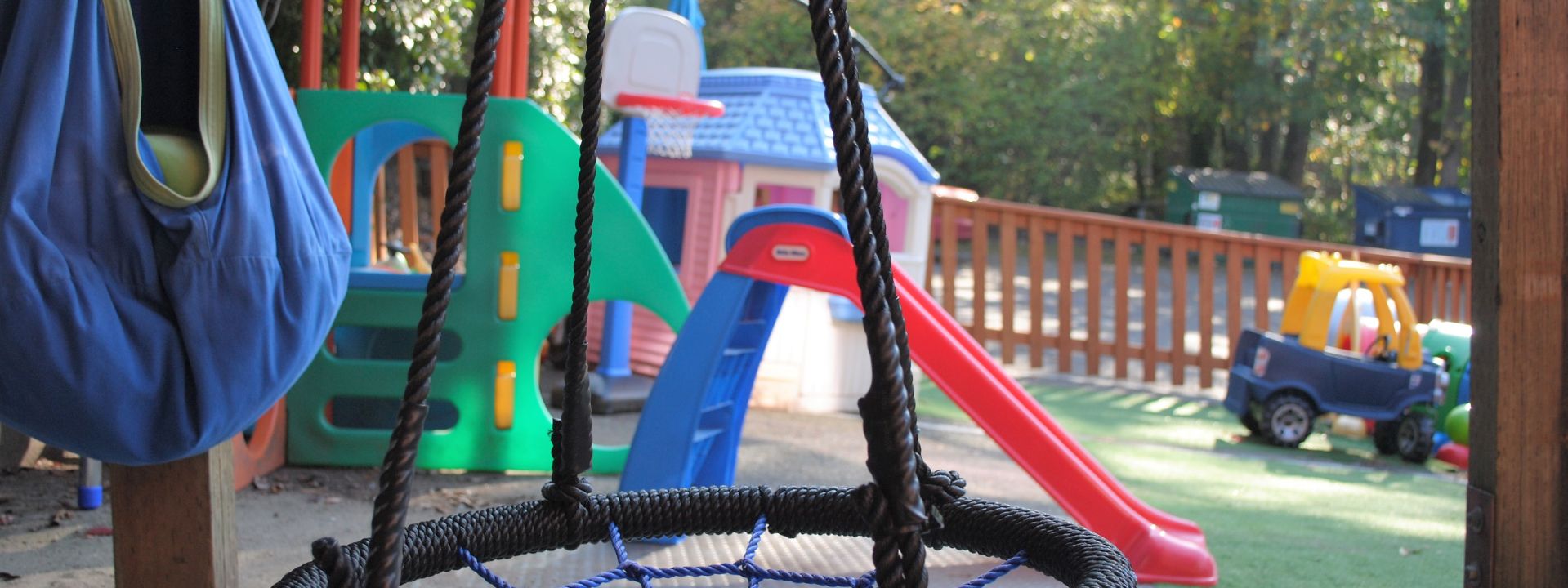
In the world of Human Resources, finding the perfect candidate is akin to solving a complex puzzle. With nearly two decades of experience navigating the ins and outs of HR in diverse organizational landscapes, I’ve come to appreciate the importance of a strategic approach to interviewing. One powerful tool in our arsenal is Applied Behavior Analysis (ABA) principles. Today, I invite you on a journey through the art of behavioral interviews, exploring how HR professionals can leverage these principles to unearth invaluable insights into candidates’ behavioral competencies and cultural fit within organizations.
Unraveling the Mysteries of Behavioral Interviews:
Imagine a scenario where traditional interviews leave you with more questions than answers. Enter behavioral interviews, a transformative approach that delves deeper into candidates’ past behaviors to predict future performance. Instead of relying solely on hypothetical scenarios or vague responses, behavioral interviews focus on concrete examples of how candidates have tackled challenges in the past.
Why Behavioral Interviews Matter:
After years of navigating the dynamic landscapes of small startups, corporate giants, and even federal agencies, I’ve witnessed firsthand the transformative power of behavioral interviews. They provide a holistic view of candidates’ capabilities, shedding light on their problem-solving skills, adaptability, and cultural alignment with the organization. By asking behaviorally-based questions, HR professionals can uncover crucial insights that traditional interviews often overlook.
The Power of Situational Assessments:
In the fast-paced world of HR, adaptability is key. Situational assessments offer a glimpse into how candidates navigate real-world challenges, providing valuable insights into their decision-making processes and problem-solving abilities. Whether it’s a simulated scenario or a case study tailored to the organization’s unique challenges, situational assessments allow HR professionals to gauge candidates’ potential to thrive in the role.
Crafting Behaviorally-Based Questions:
Asking the right questions is an art form in itself. Drawing from my years of experience, I’ve honed a repertoire of behaviorally-based questions designed to elicit meaningful responses from candidates. Instead of vague inquiries about strengths and weaknesses, I delve into specific scenarios, asking candidates to recount moments where they’ve faced adversity, collaborated with a team, or demonstrated leadership skills.
Predicting Future Performance:
In the ever-evolving landscape of HR, predicting future performance is both an art and a science. By leveraging ABA principles in the interview process, HR professionals can make more informed decisions about candidate selection. By analyzing patterns of behavior and assessing cultural fit within the organization, we can identify candidates who not only possess the necessary skills but also embody the values that drive success.
Conclusion:
As HR professionals, we’re tasked with the monumental responsibility of shaping the future of organizations. By embracing the principles of Applied Behavior Analysis in the interview process, we unlock a world of possibilities, where candidates are more than just resumes – they’re potential catalysts for change. So, the next time you’re conducting interviews, remember the power of behaviorally-based questions and situational assessments. The insights you uncover could be the key to unlocking the perfect fit for your organization’s future success.

